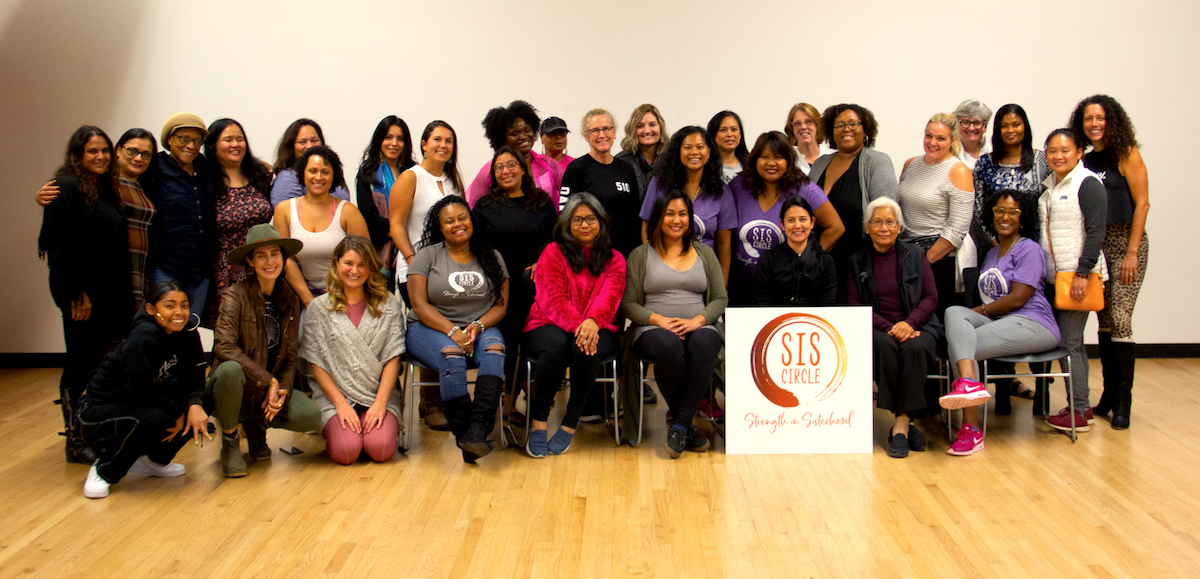The journey of a thousand miles starts with one step. That’s what they say. One morning my journey began with burning my finger on a “protection” candle while setting an altar. No one said the journey was going to be easy.
The journey of a thousand miles started with pain, followed by a cup of coffee. That thousand-mile journey is not without irony or humor. That pain is also vastly transformative. In the same way that my hurt finger will callous over and eventually heal, so does much of our pains that we have emotionally experienced.
Don’t be mistaken; we’re not saying the pain has gone away. We’re saying we are healing.
Getting toward a healing place is the ultimate journey. We are working every day on realizing the value in each step that we have already taken. When we think back on something that happened to us, do we also think about the places that incident or event has led us to as well? The loss of a family member may have led you to think about what that person meant to you and what you value, what you hold dear. It may also challenge you to ask where you find joy.
The grief of any loss, whether it’s a job or a family member, puts us squarely in the middle of asking how to get back to “normal” or “feeling like myself again.” From there, we fumble, cry and rage through this new version of ourselves, the version in pain searching for reprieve. That search is the beginning of a series of events that lead us to sometimes wiser, sometimes more battered but improved versions of ourselves.
They forget to tell you that one step takes a million brainwaves to move your legs, feet, and everything else to take that first step.
The journey of a thousand miles means your brain has to get out of to even begin. It’s the idea of the journey where the struggle starts for so many people. Sometimes, what we hold onto does have value, but we can become misguided and doubt our intuition when we hear our friends say “let it go” or some other advice.
Sometimes our ruminations have a deeper hold on us because we haven’t processed them yet. Don’t assume there aren’t reasons for whatever it was you were holding on to. Consider what you’re feeling or holding wasn’t supposed to let go. Sit down with those emotions and consider if it’s something you didn’t know you were supposed to explore. It also means exploring the parts of ourselves that we are often afraid to admit out loud some days. Maybe you were too mean to someone who didn’t deserve it or spoke harshly about someone. Question what you were feeling, where did that come from, and how you want to correct it moving forward.
Finally, admitting out loud the challenges that we may have gone through is transformative. It may not be enough to remember something. Our minds have a way of painting events over time. On any given day, when you remember and experience, you can either be the victim or the villain. Saying the words is cathartic and helps to release.
Each step in the process of healing takes time. Give yourself some space to heal holistically. The journey of a thousand miles takes a million tiny steps. You never know where one foot in front of the other will take you.
Brandy Collins is a writer, and public services advocate born and raised in the Bay Area. She is a correspondent for Oakland Voices, a blogger, and the funny one in numerous group chats. Brandy is full of Scorpio magic and self-proclaimed Professional Aunty. Follow her on Twitter @msbrandycollins or Instagram @story_soul_collecter.





